detail profile sally potter
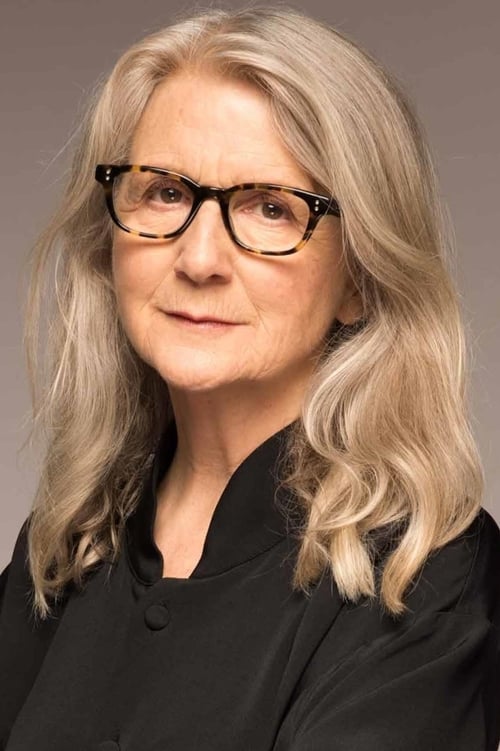
Sally Potter
莎莉·波特
atau dikenal sebagai
Riwayat Hidup
Charlotte Sally Potter OBE (born 19 September 1949) is an English film director and screenwriter.
She is known for directing Orlando (1992), which won the audience prize for Best Film at the Venice Film Festival.
She also directed The Tango Lesson (1997), The Man Who Cried (2000), Yes (2004), Rage (2009), Ginger & Rosa (2012), The Party (2017) and most recently The Roads Not Taken (2020).
Info Pribadi
Peran Yang Di Mainkan Sally Potter
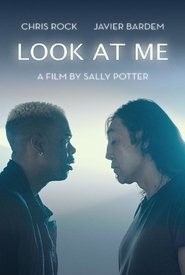 Rehearsals for a fundraising gala become...
Rehearsals for a fundraising gala become...Look at Me 2022
Rehearsals for a fundraising gala become the arena for a struggle between two men; one, the gala director and the other, a richly talented but unstable rock drummer. As their battle for expression and control escalates against a relentless rhythmic backdrop, their public and private selves explosively collide.
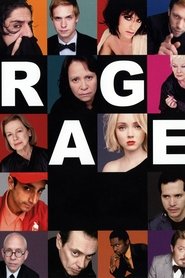 A schoolboy uses his cellphone camera...
A schoolboy uses his cellphone camera...Rage 2009
A schoolboy uses his cellphone camera to shoot intimate interviews with people working at a New York fashion house and secretly posts them on the internet. Result: a bitterly funny expose of an industry in crisis, during a week in which an accident on the runway becomes a murder investigation, and denial leads to devastation.
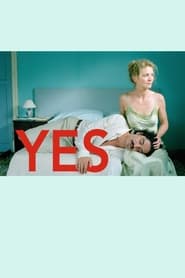 She is a scientist He is...
She is a scientist He is...Yes 2005
She is a scientist. He is a Lebanese doctor. They meet at a banquet and fall into a carefree, passionate relationship. But difficulties abound because of his heritage and her loveless marriage. She flies to Havana to sort things out on the beach and in the cabarets. She sends him a ticket, but harbors no illusions that He will join her in this Caribbean melting pot.
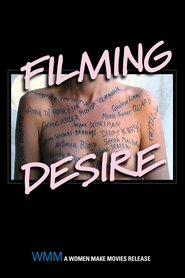 The film consists largely of a...
The film consists largely of a...Filming Desire: A Journey Through Women’s Cinema 2000
The film consists largely of a series of interviews with female filmmakers from several different countries and filmmaking eras. Some, such as Agnès Varda and Catherine Breillat (both from France), have been making films for decades in a conscious effort to provide an alternative to the male filmmaking model; others, such as Moufida Tlatli (Tunisia) and Carine Adler (England), are relative newcomers to directing, and their approaches seem more personal and less political. The film as a whole manages to cover some important topics in the feminist debate about film -- how does one construct a female gaze, how can one film nude bodies without objectifying the actors (of either sex), what constitutes a strong female role -- while also making it clear that “women’s film” comprises as many different approaches to filmmaking as there are female filmmakers.
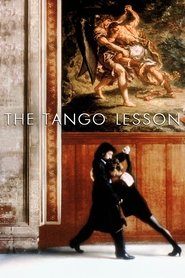 On a trip to Paris Sally...
On a trip to Paris Sally...The Tango Lesson 1997
On a trip to Paris Sally meets Pablo, a tango dancer. He starts teaching her to dance then she returns to London to work on some "projects". She visits Buenos Aires and learns more from Pablo's friends. Sally and Pablo meet again but this time their relationship changes, she realises they want different things from each other. On a trip to Buenos Aires they cement their friendship.
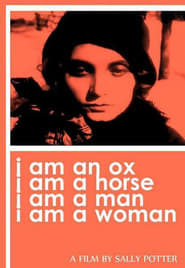 This glasnostera documentary which incorporates footage...
This glasnostera documentary which incorporates footage...I Am an Ox, I Am a Horse, I Am a Man, I Am a Woman 1988
This glasnost-era documentary, which incorporates footage from films from the 1920s through the 1980s, looks at the history of women in Russian cinema through the eyes of Russian women directors, actors, and scriptwriters. The film’s title refers to a WWII slogan about women doing the work of absent men in the fields and at home. Featuring Kira Muratova, Natalia Ryazantseva, Inna Churikova, Nonna Mordyukova, and others.
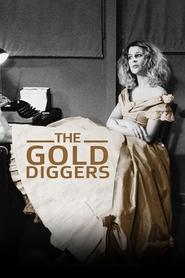 An avantgarde examination of the relationship...
An avantgarde examination of the relationship...The Gold Diggers 1983
An avant-garde examination of the relationship between women and money in society. Mixing musical, silent melodrama, and philosophical treatise into a post-punk, heady brew.
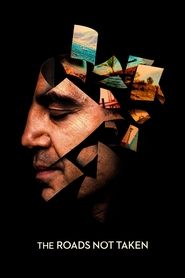 The film follows 24 hours in the...
The film follows 24 hours in the...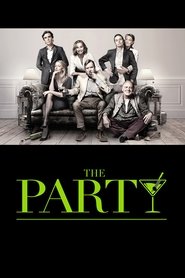 Various individuals think theyre coming together...
Various individuals think theyre coming together...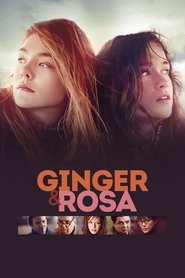 A look at the lives of...
A look at the lives of...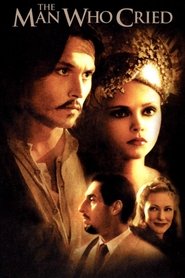 A young refugee travels from Russia...
A young refugee travels from Russia... England 1600 Queen Elizabeth I promises Orlando...
England 1600 Queen Elizabeth I promises Orlando...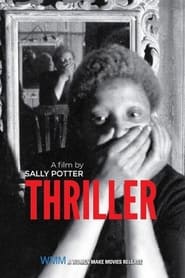 What happens after the curtain falls...
What happens after the curtain falls...